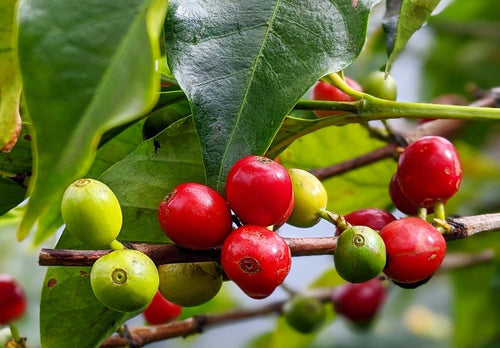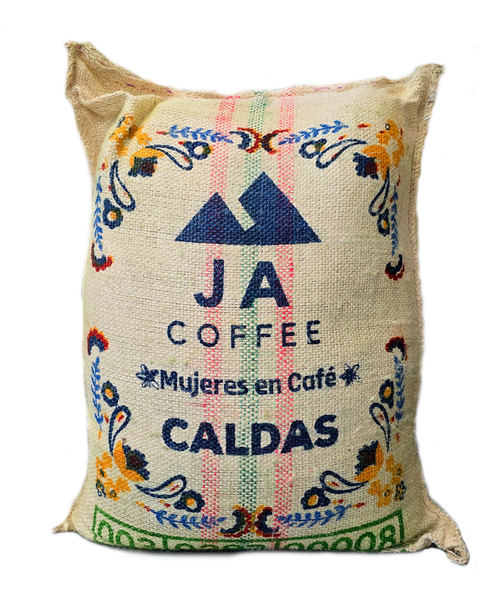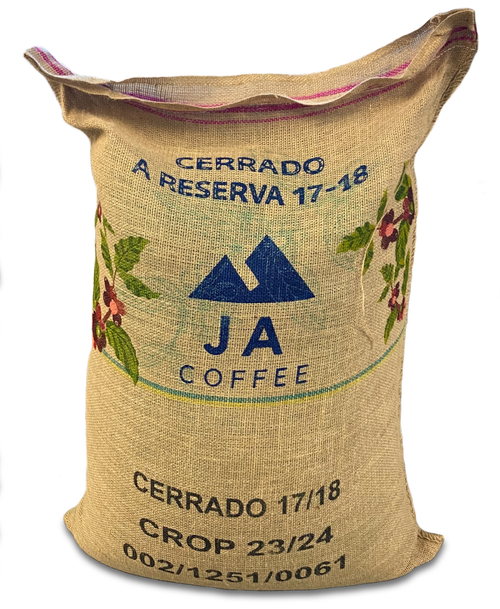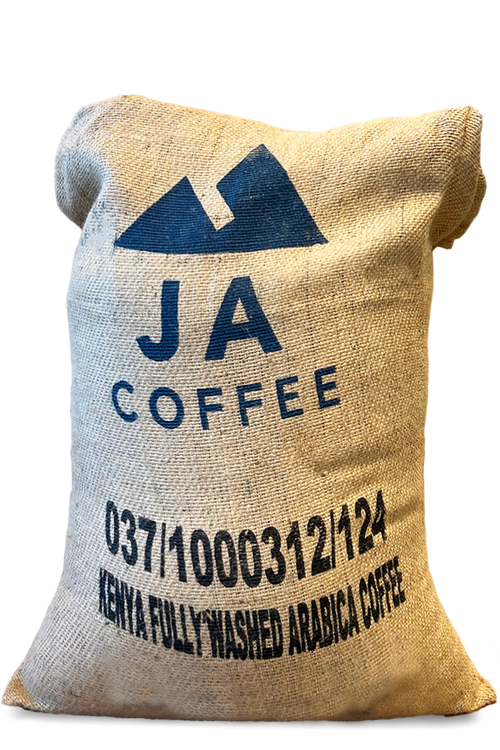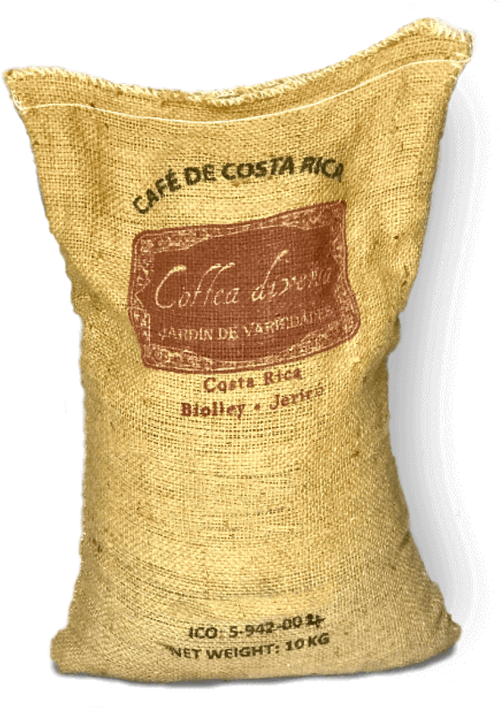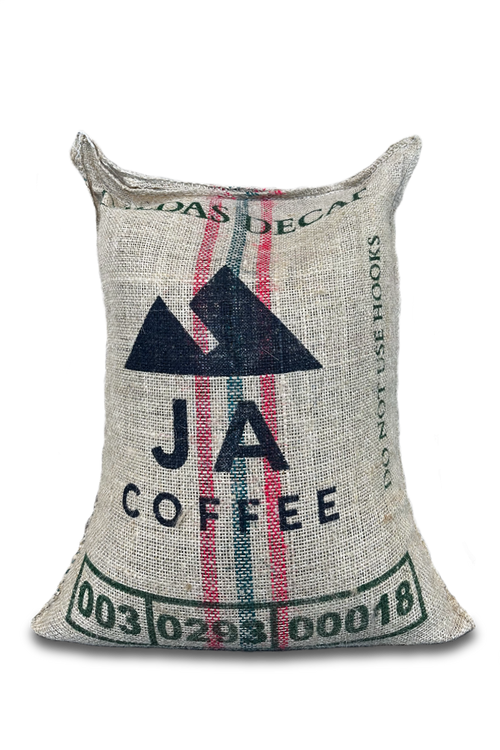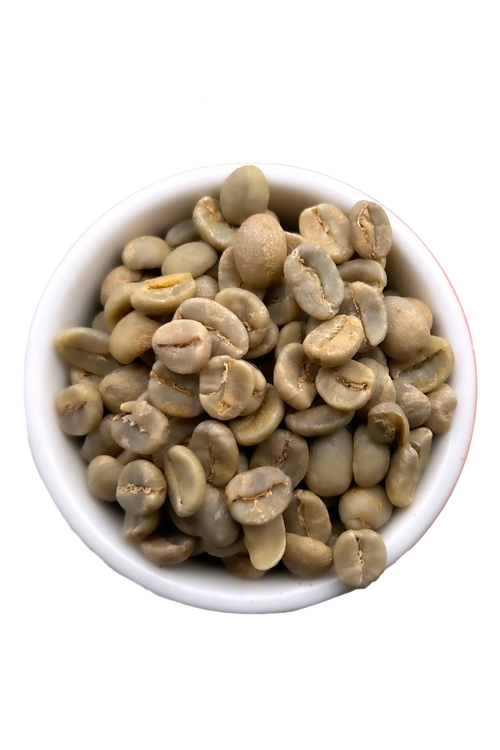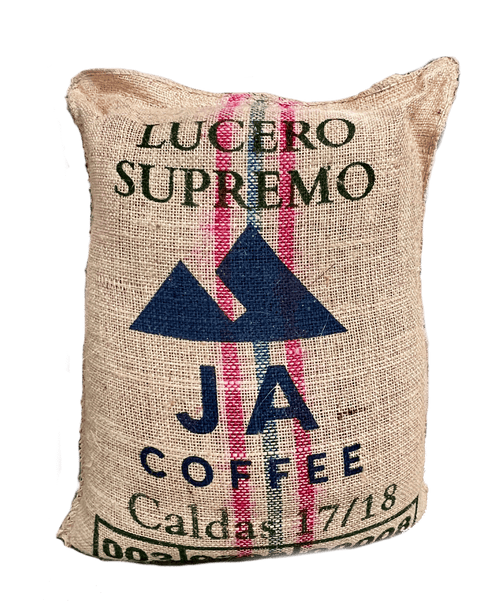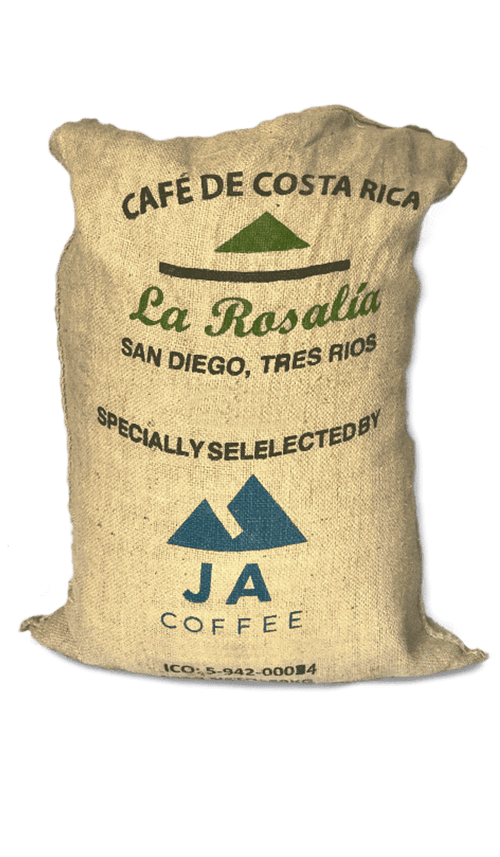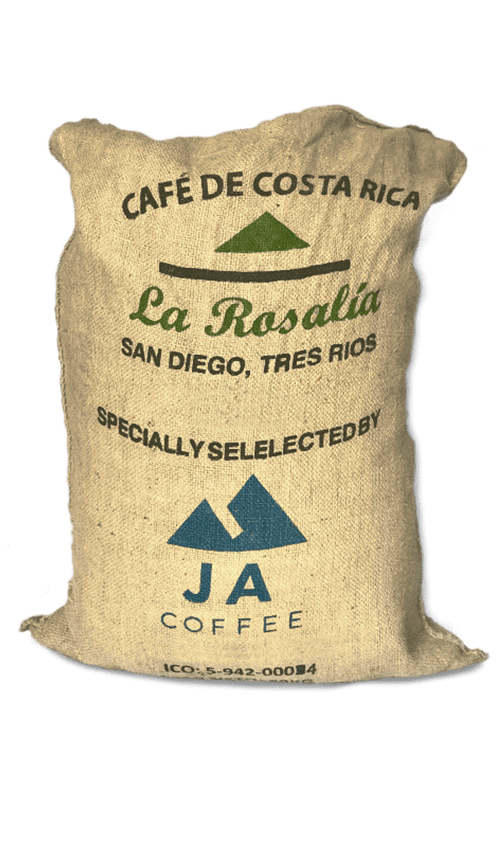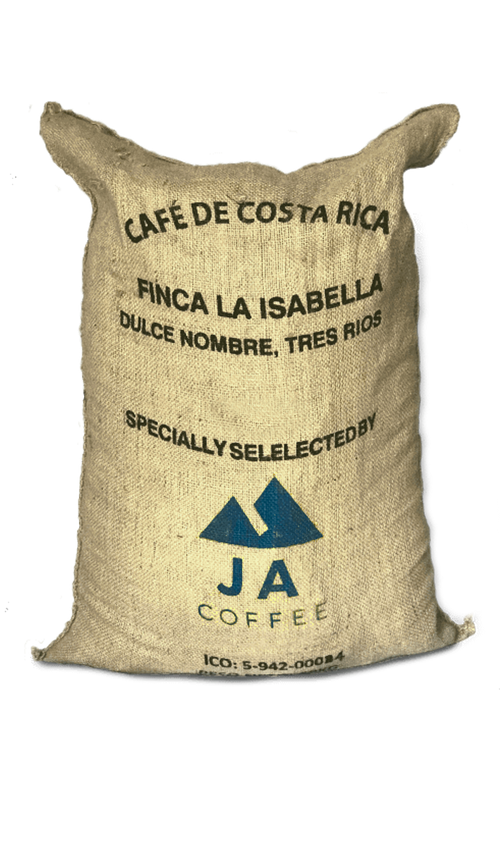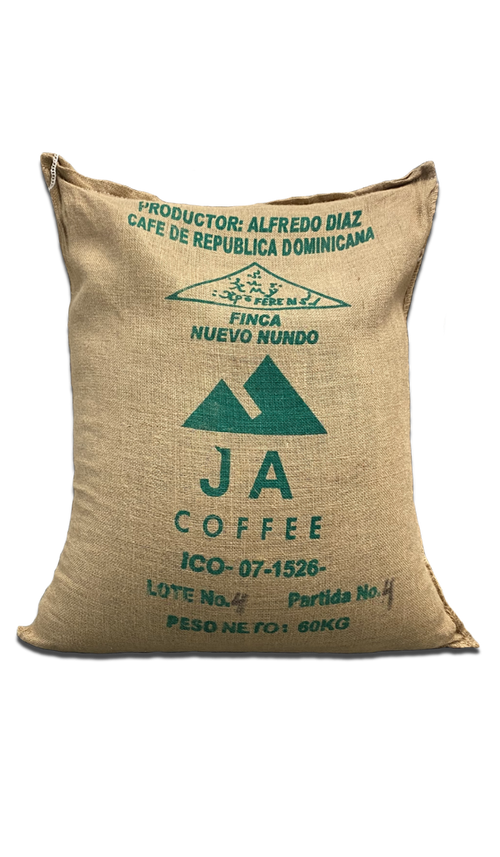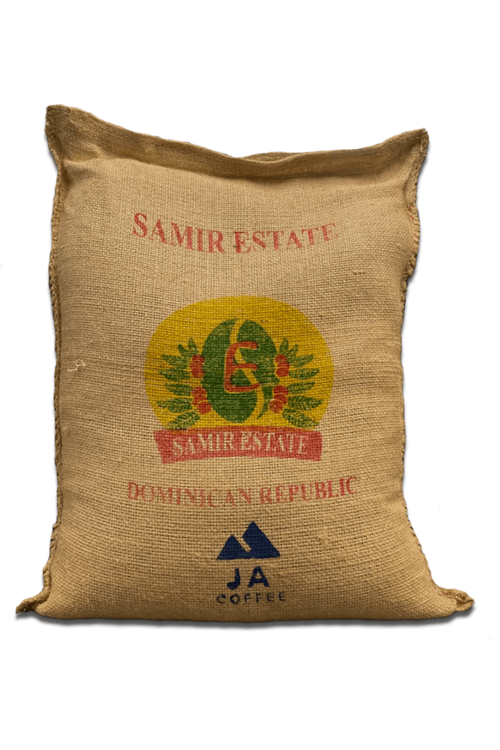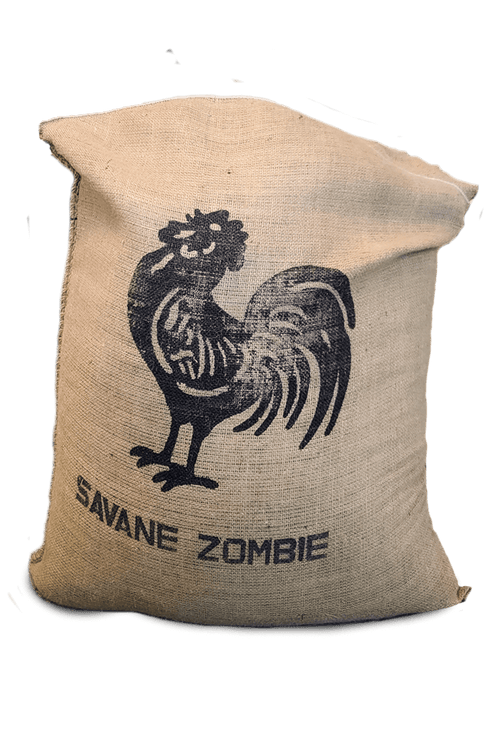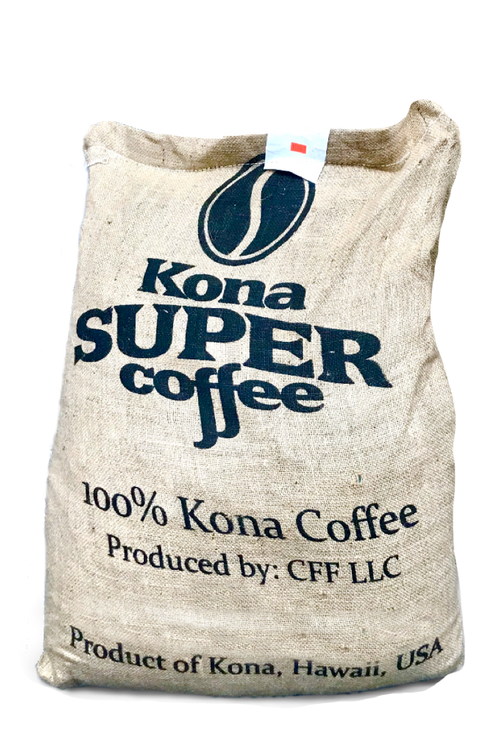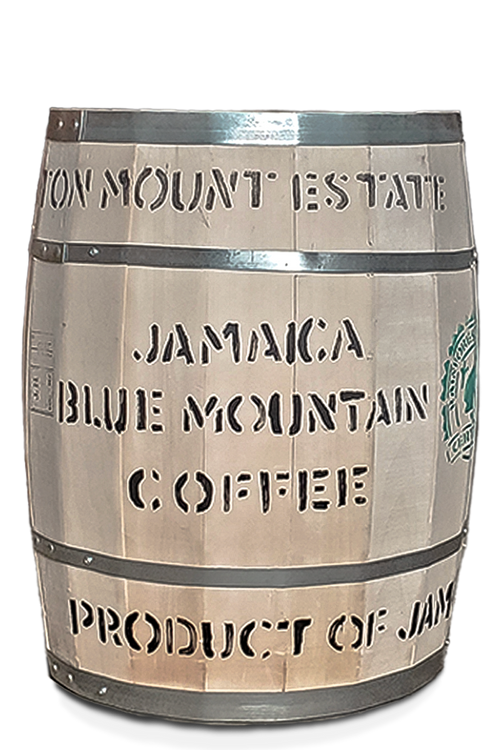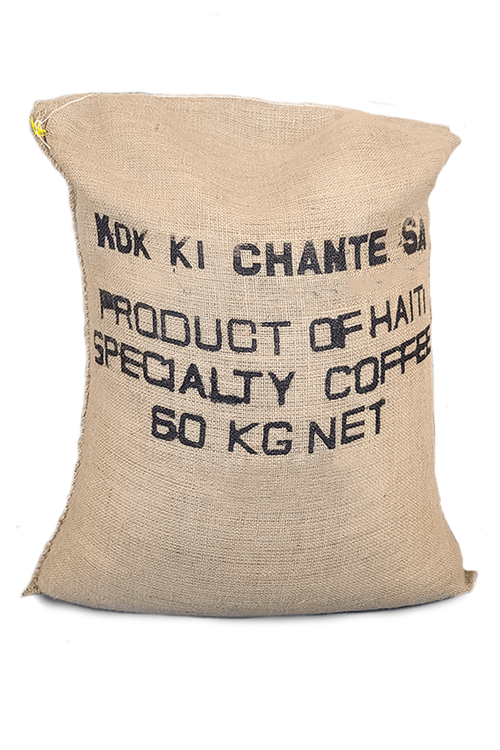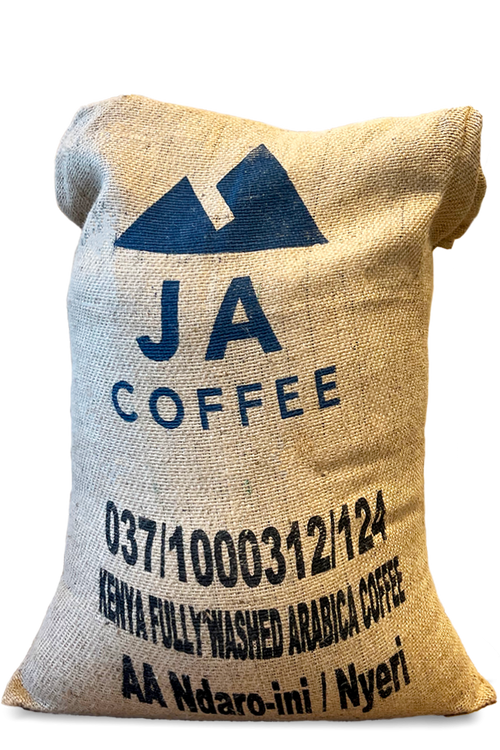Kenyan Coops
Kenya
Discover the Vibrancy and Richness of High-Altitude Grown Beans from Volcanic Soils.
About Kenyan Coffees
Kenya's coffee journey began in the late 19th century when the seed was introduced by French Holy Ghost Fathers from Reunion Island. Despite being a relatively late entrant compared to other global producers, Kenya quickly became one of the world's leading coffee origins. By the 20th century, it had established a reputation for producing top-tier Arabica beans, primarily due to its rigorous quality and grading standards.
The high altitudes, often ranging between 1,500 to 2,100 meters, mixed with the region's red volcanic soils, create an ideal environment for coffee cherries to mature slowly, absorbing a combination of flavours and nutrients. This, blended with unique varietals like SL28 and SL34 and meticulous double fermentation processing, gives Kenyan coffee its distinct bright acidity and rich flavour palette.
Beyond the natural factors, the human touch has been pivotal in shaping Kenya's coffee legacy. Over 70% of the nation's coffee is the fruit of the labour of smallholder farmers, many of whom are part of vibrant cooperatives. These cooperatives ensure consistent quality and play a key role in community development and farmer empowerment, providing them with resources, education, and fair market prices.
